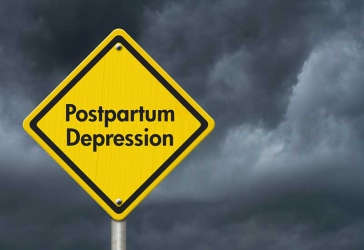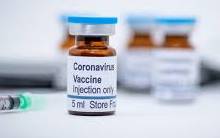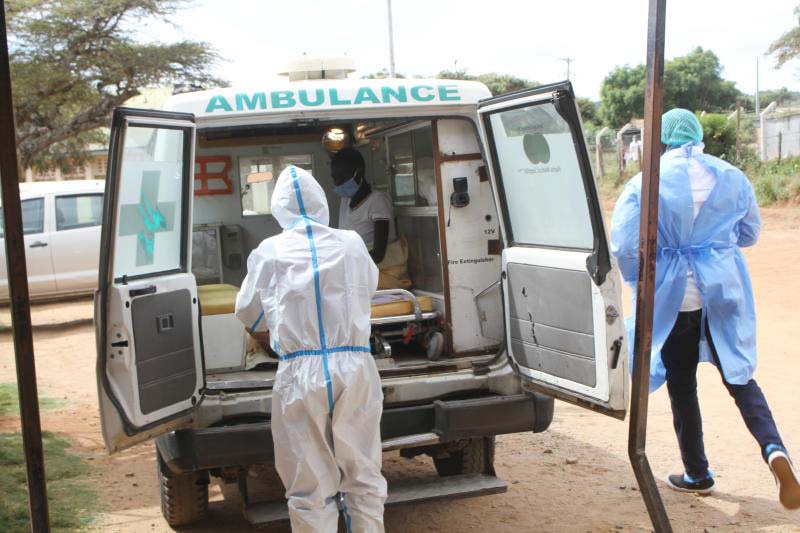Budget and expenditure tracking are important tools in promoting transparency and accountability, thus, it enhances evidence-based advocacy for many reputable institutions. Food products are required by law to be produced, processed, handled, packed, stored and transported or shipped hygienically where all necessary precautions are taken into consideration to prevent contamination.
Consumers are the most vulnerable and worried lot following the increasing cases of food contamination, supply or sale of sub-standard products in the market. The endless influx of sprayed vegetables, fruits and liquid products, contaminated meat among other foodstuffs have sent panic and created shivers among innocent consumers striving to raise their hard earn cash to be able to afford a meal on their table. We are currently dealing with a game of suspicion wondering whether to continue trusting food products in the market or not.
The unsafe food menace has left many questions lingering in our minds of Kenyans. Does the government have a budget to educate Kenyans on what they consume? Is it true that parliament has failed to legislate over matters of profound importance to this country? Could it be something related to low budget allocations? Some would point blame on low manpower, poor enforcement and monitoring mechanism, lack of political goodwill, corruption among others.
But what is the true standing of the law? Food is considered to be safe if there is reasonable demonstration and certainty that no harm will result from its consumption under anticipated conditions of use. The most affected sectors include horticulture and dairy. Individual producers or firms of dairy and Horticulture products may not be willing to adequately control food safety hazards and therefore the public sector may be needed to enforce controls or make supporting infrastructure investments.
However, although food safety is increasingly a public good, there is likely public underinvestment in it. This is because directing public good investments for the greatest national benefit will require an understanding of the potential benefits and costs both within and across borders. The motivation for such investments in public good may come about through advocacy by the civil society organizations using instruments such as budget and expenditure tracking developed under the voice 4 Change programme by SNV- Nairobi.
Consumer organisations under the Voice 4 Change programme have joined hands through the umbrella, Consumer Voice of Kenya to disseminate evidence-based advocacy in the food safety sector in Kenya. Tracking government budgets on food safety is key to understand levels of investments in each area to re-affirm government commitment in supporting the sector at large. A unique methodological approach has been developed to track budgets on dairy and Horticulture food safety at national and county levels. The methodology was developed to increase accountability and improve the tracking of external development assistance resources aimed at addressing undernutrition.
In this tracking budget approach, at least two categories of food safety investment are considered, food safety specifications and food safety Supportive expenditures. The former category contains expenditure measures that provide direct support to food safety such as disease control, laboratory services, extension amongst others. The latter contains expenditure measures that provide indirect support to the sector and affect rural development at large and these include education, health, environment and infrastructure. Food safety is mainly determined by quality assurance measures which can encompass a variety of different complex measures.
Aflatoxin contaminations can happen at the farm, during transportation, at storage, at processing, at distribution or at home after sale depending on pre-exposure conditions. Aflatoxin causes cancer and other illnesses that may result to death. We should therefore as a country provide interventions that would restore confidence and trust in the market.
No stakeholder can purport to be working alone on the food safety issue. To be able to achieve the overall goal on food safety, we must accept we have failed and recollect our heads together, develop a clear framework and action jointly. This can be achieved through the long-awaited Food Safety policy 2013 which is under review to create a common stop authority. Government through Agriculture and Health Ministry should ensure relevant stakeholders have been incorporated in the authority being created to provide a lasting solution to food safety issues in Kenya. Key among them is consumer organizations, relevant government agencies, private sector representatives among others.
Uncoordinated food safety and control activities, poor harmonisation of standards and regulations, lack of consumer awareness programmes, inadequate protection of local consumers, inadequate capacity building of stakeholders on food safety along the value chain, poor management of waste in the markets where heaps of rotting garbage are deposited near markets are serious issues we must deal with. There are weak monitoring and surveillance systems at the domestic level and the lack of traceability systems in place means that no one can be held accountable for unsafe food.
We the Consumer Downtown Association have been engaging stakeholders on food safety sector through awareness creation and sensitizing consumers on their rights and safety measures. Evidence-based advocacy is a critical element in market surveillance and monitoring of food along the supply chain. The relevant agencies must not act in isolation.
While not all businesses engage in dealing with unhygienic or unsafe food production and supply, genuine businesses suffer in the process when consumers are unable to distinguish the genuine products from fake ones. There is lack of clear ownership of food safety mandate in Kenya despite the fact that all relevant regulatory agencies have well-equipped labs to undertake tests and certify fitness for human consumption as in the case in many parts of the world. Meat consumption in Kenya has also gone viral. The entrance of unscrupulous traders who resort to selling poison meat, and /also illicit brews are serious matters of great concern.
As a consumer protection organization, we continue to receive complaints from members of the public on matters of food safety and we challenge relevant agencies and key players to work with us in safeguarding the safety of Wanjiku. We are open to engaging with the like-minded player in the sector to improve the food safety situation in Kenya especially now that Covid -19 pandemic is limping stability of various economies.
Japheth Ogutu is the Executive Director of Consumer Downtown Association (CDA).
 The Standard Group Plc is a multi-media organization with investments in media platforms spanning newspaper print
operations, television, radio broadcasting, digital and online services. The Standard Group is recognized as a
leading multi-media house in Kenya with a key influence in matters of national and international interest.
The Standard Group Plc is a multi-media organization with investments in media platforms spanning newspaper print
operations, television, radio broadcasting, digital and online services. The Standard Group is recognized as a
leading multi-media house in Kenya with a key influence in matters of national and international interest.











